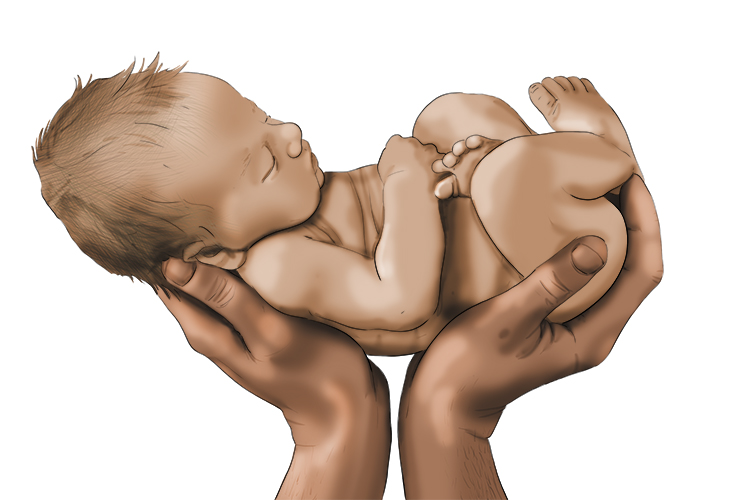Prof. Sam Lehman-Wilzig – Saving Life (Pikuach Nefesh) Should be a Long-Term Issue Too
Saving a life (pikuach nefesh) in Jewish law is considered almost the highest value. Indeed, for this purpose, a Jew can transgress almost every commandment, except for murder, idolatry, and incest. This precept normally entails saving a life right then and there i.e., it’s an immediate matter. But what about long-term: shouldn’t pikuach nefesh also be relevant to save lives in the more distant future?
The question recently became very relevant with the very first piece of legislation passed by Israel’s new government: abolishing the increased tax that the previous government had placed on sugary soft drinks. The original purpose was clear: lowering consumption to prevent sugar’s negative health effects – obesity, diabetes, and reduced nutrition intake (i.e., drinking junk instead of healthy fruit drinks or even water). What makes the long-term pikuach nefesh question even more germane is the fact that it was the ultra-Orthodox parties that demanded the tax reduction because consuming soft drinks had become the norm in their multi-child families.
Even if the formal halakhic answer to this pikuach nefesh question is “negative” (in its double meaning), the Jewish tradition has another precept that covers the issue as well (Deuteronomy 4: 15): “You shall preserve your body and soul” (ונשמרתם מאד לנפשותיכם).
To be sure, the soft drink issue is not the first to raise the “long-term” question. Scientific research now clearly shows that too great a sedentary lifestyle will significantly shorten a person’s lifespan. So what happens to the myriad yeshiva boys and men who spend virtually the entire day studying while seated? (True, many tend to “shockel” to and fro when praying and studying Talmud, but that’s not the kind of movement that our bodies need to stay fit.)
This brings us to the more general point: what about physical fitness overall – sports, the gym, yoga etc? Here, based on Jewish history, the ultra-Orthodox run up against their longstanding antipathy to such activity, specifically the ancient struggle against Hellenism and its glorification of the human body (“gumnazein” in the original Greek meant “to exercise naked”). As a reaction, the rabbis emphasized study and the soul (prayer) to the detriment of anything that seemed related to Hellenistic bodily practice.
However, this is not necessarily the stance of modern halakha. A personal vignette. Growing up in Washington Heights (upper Manhattan), I would occasionally go to Yeshiva University’s outdoor basketball playground to shoot hoops. Among those who showed up for those pickup games was none other than Rav Dr. Aharon Lichtenstein, eventual Israel Prize winner for Jewish Literature, and co-Head of Yeshivat Har Tziyon outside Jerusalem. I quote from his Wikipedia page (https://en.wikipedia.org/wiki/Aharon_Lichtenstein): “He was committed to intensive and original Torah study and articulated a bold Jewish worldview embracing elements of modernity within the framework of a Torah life, reflecting the tradition of his teacher and father-in-law, Joseph B. Soloveitchik” (the latter being the “Rav”: modern Orthodoxy’s greatest scholar and theologian). I won’t ever forget watching Rav Lichtenstein driving right by me towards the basket, tzitzis (knotted fringe strings) flying! (I never did figure out how he kept his kippah on his head when playing.) Nor was this a “youthful indiscretion”: at the time, he was already serving as Head of the Kollel (“Rosh Yeshiva”) at Yeshiva University.
Indeed, back then and continuing today, the modern Orthodox day schools in metropolitan New York City have a Jewish basketball league. Yeshiva University – the world’s central bastion of Orthodoxy – has several sports teams (basketball, wrestling, fencing etc.). In short, sports and physical fitness is not intrinsically a “halakhic problem.”
If there’s a ray of light here, it relates to cigarette smoking that has dropped significantly among the ultra-Orthodox – indeed among haredi adults 45 and older it is less common than among Israel’s general population (13% vs 33%)! The reason: on this issue the rabbinical leaders have stepped in with halakhic pronouncements (“piskei halakha”), once those rabbis were informed of smoking’s devastating health effects.
Nevertheless, even here their edicts have been somewhat ambivalent. For instance, Rabbi Moshe Feinstein ruled that although smoking was inadvisable, it was still permitted for those who had already started and were addicted – but starting to smoke was prohibited. Many other haredi rabbis (Eliashiv, Shteinman, Karelitz et al) have recommended that people not smoke, but they haven’t outright banned it.
In general, then, it seems that the principle of long-term pikuach nefesh does have standing within Jewish Law. However, for it to be applied more widely the ultra-Orthodox, rabbinic leadership has to become more aware of scientific, medical research that shows where and why things have to change in order to “preserve” life: extending lifespan by preventing various damaging behavior patterns that have accumulated over the past two millennia.









